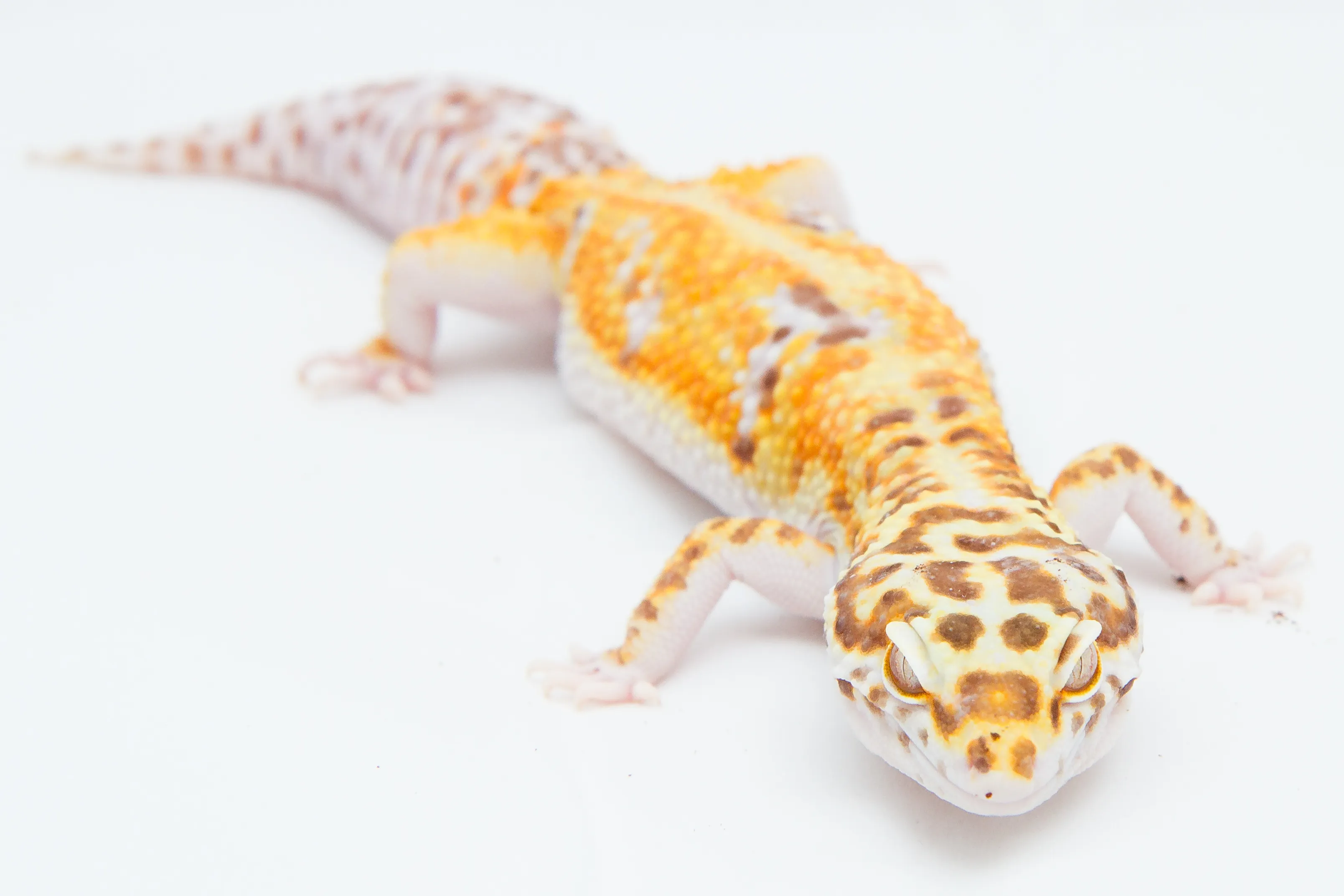首頁 > News > News > ? How to Export Geckos from Taiwan: A Practical Guide for International Buyers (Leopard Geckos & Fat-tailed Geckos)
? How to Export Geckos from Taiwan: A Practical Guide for International Buyers (Leopard Geckos & Fat-tailed Geckos)

Leopard Geckos (Eublepharis macularius) and Fat-tailed Geckos (Hemitheconyx caudicinctus) are two of the most popular terrestrial gecko species in the global reptile trade. Known for their docile nature and ease of care, they are ideal pets for both beginners and experienced reptile keepers.
Taiwan has established itself as a reputable hub for captive-bred geckos, offering high-quality, diverse morphs through ethical breeding practices. If you're considering importing these species from Taiwan, here’s what you need to know:
1. 📑 Legal Requirements
Both Leopard Geckos and Fat-tailed Geckos are non-CITES species, meaning they are not listed under the Convention on International Trade in Endangered Species (CITES) and are legally tradable across most countries.
However, Taiwan exporters are still required to:
Obtain a Captive Breeding Certificate issued by the Bureau of Animal and Plant Health Inspection and Quarantine (BAPHIQ)
Apply for official export permits
Ensure each gecko passes a health inspection confirming it is disease-free
These steps guarantee the animals meet international animal welfare and health standards.
2. 🌍 Import Regulations by Country
Each country has different import regulations for reptiles:
Japan requires animal quarantine approval and compliance with the Invasive Alien Species Act
USA, Canada, and EU countries may request veterinary health certificates, import permits, and detailed customs documentation
✅ Tip: Always confirm your local import laws and required documents before placing an order, to avoid clearance delays or penalties.
3. 📦 Packing & Transportation
Whether you're importing Leopard Geckos or Fat-tailed Geckos, proper packing is essential. Each gecko is typically shipped in an individual ventilated plastic container or specialized reptile shipping box.
Packing guidelines include:
Absorbent paper or soft bedding to prevent injury
Temperature control between 20–28°C (68–82°F)
Compliance with IATA Live Animal Regulations for air transport
Proper packing reduces stress and ensures the geckos arrive in optimal condition.
4. ✈️ Logistics Planning & Seasonal Considerations
It is highly recommended to work with a logistics provider experienced in live reptile shipping. These companies can handle:
Customs declaration
Quarantine coordination
Flight bookings and transit monitoring
Avoid shipping during extreme seasons such as mid-summer or winter to reduce risks associated with temperature fluctuations or flight cancellations.
5. ✅ What Buyers Should Confirm
Before finalizing your order, here’s what responsible buyers should do:
Request breeding certificates, health reports, and feeding records
Ask for photos or videos of the actual animals before shipment
Ensure the exporter is legally certified and familiar with quarantine protocols
Clearly communicate the quantity, sex, morphs, and any special requests
💼 Final Thoughts:
A Reliable Taiwanese Partner Makes All the Difference
Importing Leopard Geckos and Fat-tailed Geckos from Taiwan is a safe and scalable investment—especially when you collaborate with experienced, trustworthy breeders who follow proper export procedures.
Whether you’re a pet retailer, breeder, or exotic animal enthusiast, working with certified exporters in Taiwan will help ensure a smooth, legal, and successful import process.

